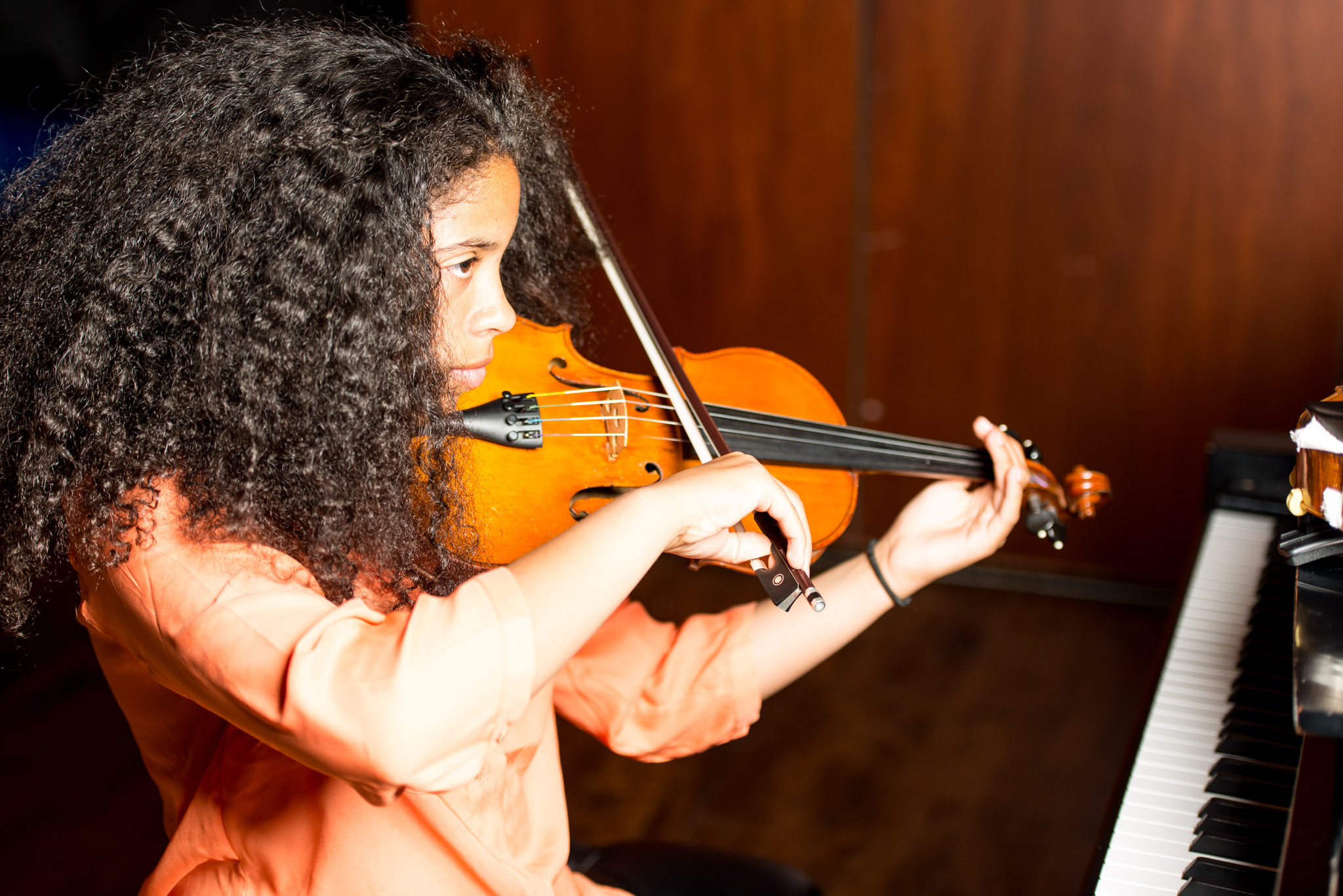There are essentially three components to preparing your students for their RCM examinations:
- introducing the concept to your students and families and preparing them for the registration process;
- the examination itself; and
- the preparation time between introducing the program and the examination—this is where the magic happens.
Your first step is acquiring the syllabus for your instrument or voice, which you can download for free at
https://rcmusic.com/syllabi.
Save this to your desktop or someplace else you can access it easily.
The syllabus provides an overview of the examination requirements and what lies ahead for your students, level by level.
For each level, there are three main components: technical requirements, repertoire, and musicianship.
There are two options for the examination itself:
- remote exams, which take place year-round; or
- in-person exams, which take place three times a year, in the winter, spring, and summer.
We’ll discuss how to decide which is best for your students in future lessons.
In essence, the program can be broken down into three big steps:
- Introduce the program to your students and have them order the materials for their level.
- Prepare your students for their exams once you’ve decided on an exam target date.
- After your students complete their first exam, determine next steps.
We’ll cover every aspect of these steps over the course of our lessons.
Prompt:
Your task for this lesson is to download the syllabus for your instrument and make a habit of looking through it for about five minutes a day.
Start a new topic in the discussion to share your thoughts on your syllabus.
- How it is similar or different from how you learned music as a kid?
- Anything you’re nervous about?
- Any questions?
There are no right answers. What matters most is that you share your thoughts with the community and engage in discussion with other posts as much as you can. That’s where the best learning happens.
